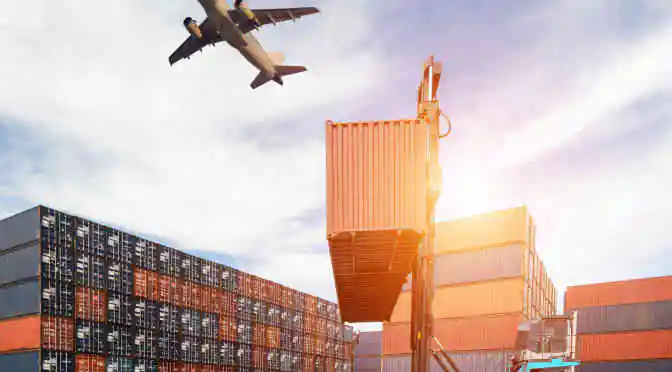We’ve covered the booming e-commerce market in depth before; more people are buying more stuff online, and the market is growing staggeringly fast. But once you’ve bought something online it still needs to get to you, so it makes sense that an entire logistics market has popped up around e-commerce.
According to a new report from Technavio, the global e-commerce logistics market was valued at $89.51 billion in 2015 and is expected to reach $142.1 billion by 2020.
Global e-commerce logistics market 2015-2020 ($ billions)
Source: Technavio
Collaboration between e-commerce companies and logistics providers
In e-commerce, there’s a lot of space for a company to grow quite quickly. But in the midst of fast growth, it can be easier to leave logistics to the experts and enter into strategic partnerships with existing logistics service providers (LSPs).
This strategy is particularly helpful for small and medium-sized enterprises since it allows them to expand their e-commerce footprint while providing better cost control.
A good example of this is the partnerships between the Alibaba Group and multiple global LSPs, which helps the e-commerce provider take advantage of opportunities in Southeast Asia and other regions. For instance, SingPost and Alibaba signed a memorandum of understanding to form a joint venture, which gives Alibaba greater access to SingPost’s international logistics capabilities, infrastructure and delivery networks, and end-to-end solutions to Alibaba Group’s customers and merchants. Cainiao, the logistical arm of the Alibaba Group, has also signed a similar agreement with the US postal service to improve shipping solutions for online sellers and consumers in China, the US, and Latin America.
Rising investment in technology
A big trend in the logistics market is major investment in technology. Companies are implementing systems to help logistics service providers enhance delivery services and accurately monitor the movement of shipments, with shorter lead times.
Warehouse management software, automated material handling equipment, warehouse control software, GPS, trailer seals, RFID, and biometrics are all technologies that will help logistics providers run their business more efficiently over the projected period.
For instance, in 2014, Deutsche Post DHL (DPDHL) signed a five-year contract with the Escher Group, which helped Deutsche Post streamline its network by introducing easier parcel collection and delivery in Germany. DPDHL has also invested in a next-generation procurement platform, BravoSolution. This platform replaces DPDHL’s previous toolsets with a platform that integrates and connects local, regional, and global procurement activities. The fully integrated SaaS platform promises to increase efficiency and provide more transparency into global procurement operations worldwide.




